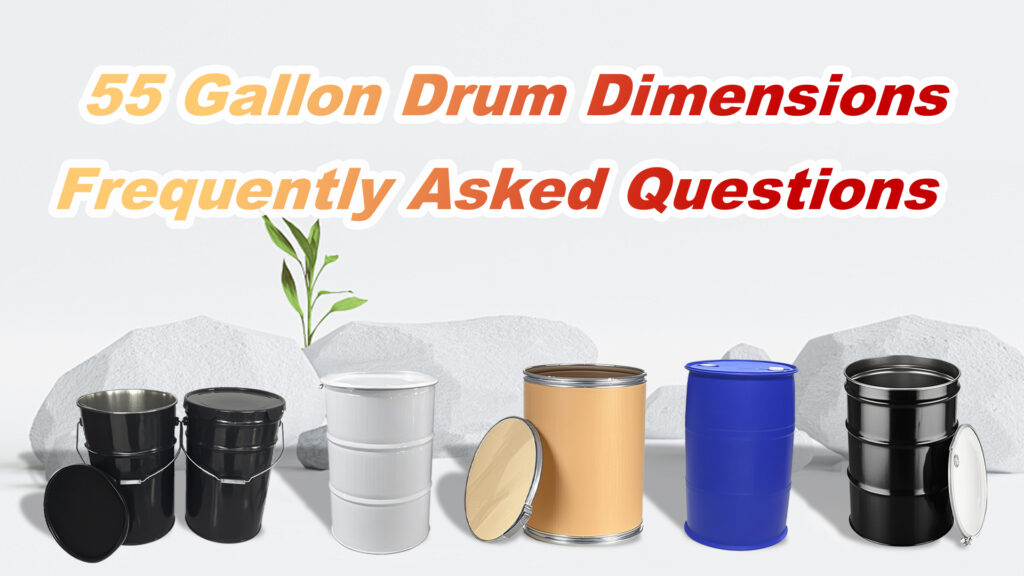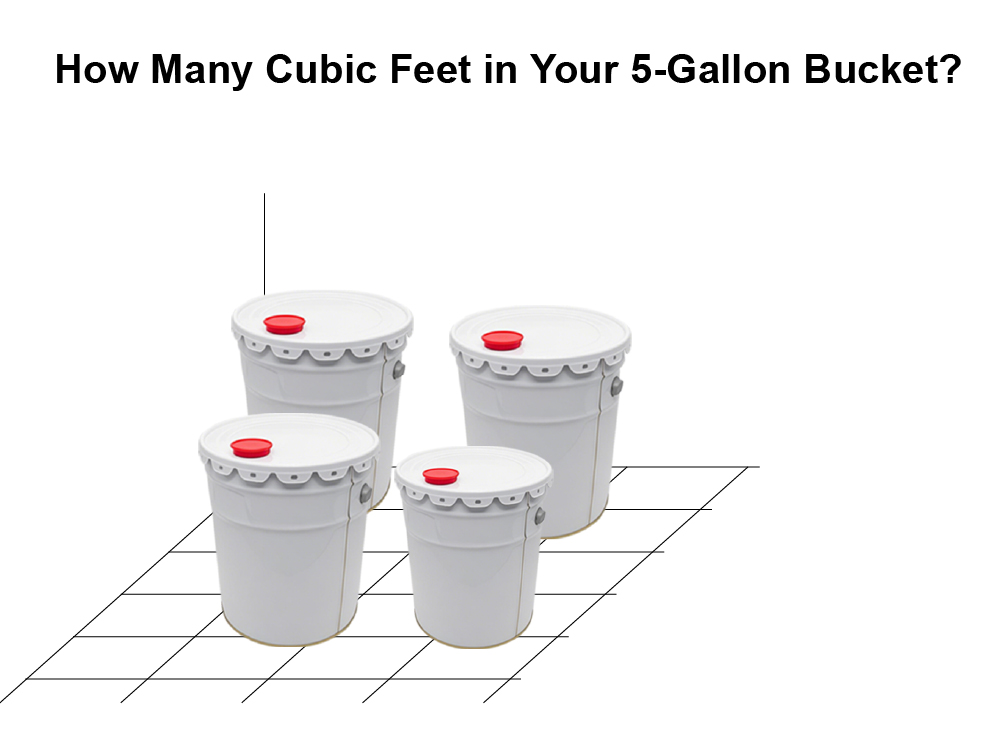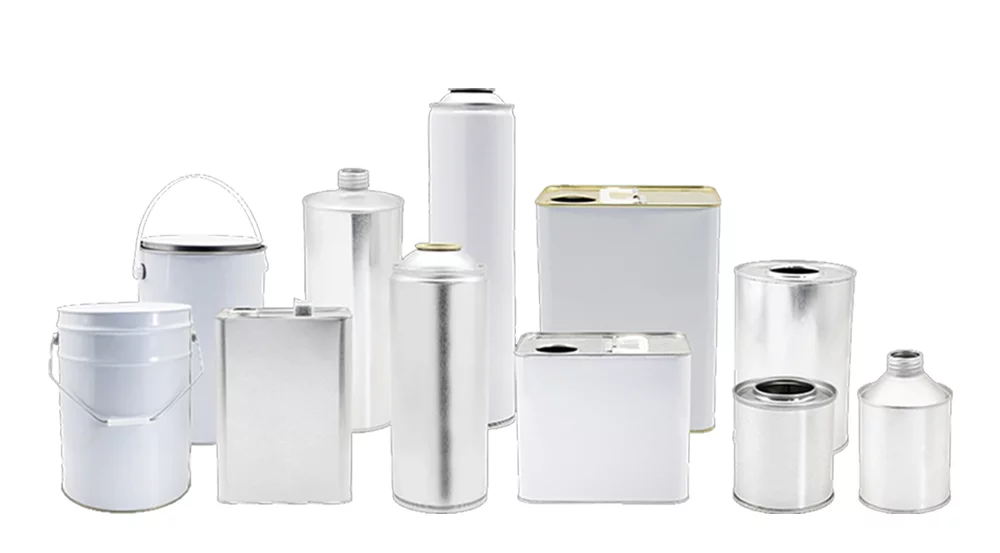If you’ve ever looked under the hood and wondered, “Can I use power steering fluid instead of brake fluid?” you’re not alone. The names sound mechanical enough to confuse even some seasoned DIYers. However, despite both being hydraulic fluids essential to vehicle operation, brake fluid and power steering fluid are not the same. They have different chemical compositions, functions, and compatibility requirements. Using the wrong one can damage your vehicle and compromise safety.
Let’s break down everything you need to know in one clear, comprehensive guide—whether you’re a weekend mechanic or just trying to make the right decision at the auto parts store.
1. Understanding the Basics
| Fluid Type | Brake Fluid | Power Steering Fluid |
|---|---|---|
| System Used In | Brake system | Power steering system |
| Main Function | Transfers force to brake calipers | Assists in smooth steering |
| Base Composition | Glycol-ether or silicone (DOT fluid) | Mineral oil or synthetic fluid |
| Boiling Point | Very high (important for braking) | Moderate |
| Hygroscopic? | Yes – absorbs moisture from air | Typically no |
| Compatibility | Strict – only specific brake fluids | Varies by make and model |
2. Brake Fluid: Designed for High-Stress Safety
Brake fluid is part of a closed, high-pressure system that literally stops your vehicle when you press the brake pedal. It needs to withstand extreme heat generated during braking. Most brake fluids are rated as DOT 3, DOT 4, DOT 5, or DOT 5.1, with each having different boiling points and chemical properties.
Key features:
-
Hygroscopic nature: Brake fluid absorbs moisture, which prevents water pooling and potential freezing or boiling inside brake lines.
-
Corrosive potential: It can corrode paint and metals if spilled.
-
Sensitive compatibility: Mixing the wrong DOT types can cause serious system issues.
3. Power Steering Fluid: For Smooth, Easy Turns
Power steering fluid operates at lower pressures and temperatures than brake fluid. Its job is to lubricate and transmit pressure in the power steering system to help you steer effortlessly.
Key features:
-
Lubrication focused: Designed to reduce wear in pumps, valves, and hoses.
-
Viscosity matters: Too thick or too thin fluid can damage the power steering system.
-
Different blends: Some vehicles use ATF (Automatic Transmission Fluid) instead of traditional power steering fluid.
4. Why You Can’t Mix Them
Let’s be crystal clear: brake fluid and power steering fluid are NOT interchangeable. Here’s why:
| Risk | What Happens |
|---|---|
| Wrong fluid in brakes | Brake failure, corrosion, seal damage |
| Wrong fluid in steering | Reduced lubrication, pump failure, poor performance |
| Mixing both | Chemical reactions may destroy seals or rubber parts |
If you ever accidentally add the wrong fluid, don’t drive the car. Have the system flushed immediately by a mechanic.
5. What Should You Use for Each System?
-
Brake Fluid: Always use the fluid type specified on your brake fluid reservoir cap or owner’s manual (e.g., DOT 3 or DOT 4).
-
Power Steering Fluid: Check your owner’s manual—some systems require specific fluid types or even ATF.
6. How to Tell the Fluids Apart
| Characteristic | Brake Fluid | Power Steering Fluid |
|---|---|---|
| Color (new) | Clear to light yellow | Reddish or amber (some clear) |
| Smell | Slight chemical odor | Oily, ATF-like smell |
| Feel | Dry, less slippery | Oily and slick |
| Label | Usually says “DOT” | Often says “PSF” or “ATF” |
7. Real-World Example: A Costly Mistake
A common mistake seen in workshops is someone topping off brake fluid with power steering fluid—thinking they’re the same. In a worst-case scenario, the seals in the brake master cylinder swell and fail, leading to brake failure, which could result in an accident.
FAQs
Q1: Can I use brake fluid in my power steering system?
No. Brake fluid can damage seals, hoses, and pumps in the power steering system due to its chemical makeup.
Q2: What happens if I mix them by accident?
You’ll likely need a complete system flush and possibly parts replacement. Do not drive the car until this is resolved.
Q3: How do I know which fluid to buy?
Always refer to your vehicle’s owner’s manual or the cap of the fluid reservoir—it’ll usually list the exact fluid type.
Q4: Is it safe to check or top up the fluids myself?
Yes, but be sure to:
-
Use a clean container and funnel
-
Match the fluid exactly
-
Avoid spilling (especially brake fluid—it damages paint)
Q5: Can I substitute ATF for power steering fluid?
Some cars allow this, but not all. ATF has different friction modifiers and detergents. Check the manual.
Final Thoughts
Brake fluid and power steering fluid are both vital—but completely different. Mixing them or using one in place of the other can cause expensive repairs or dangerous driving conditions. When in doubt, check your vehicle’s manual or ask a trusted mechanic. It’s always better to be cautious with your car’s hydraulics.






















